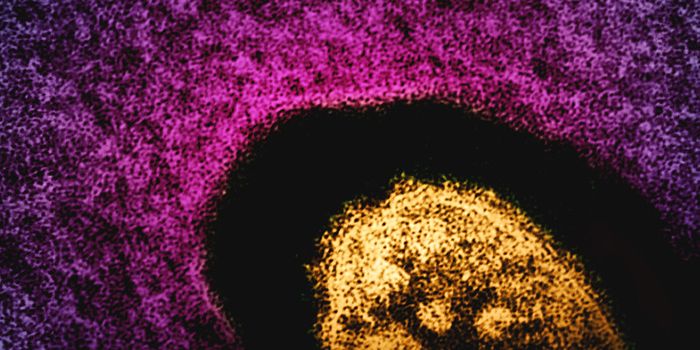The Future of Cancer Research
Since the clinical application of anti-CTLA-4 and anti-PD-1 immunotherapy, treatments targeting the immune system (immunotherapy) has transformed the way we treat cancer. Novel therapies and combination regimens are improving treatment outcomes. However, the more scientists discover, the more questions arise. Various challenges ranging from cellular mechanisms to therapeutic resistance are presented to scientists that strive to improve the quality of life in cancer patients. An article published in 2023 from Cell gives a brief overview of challenges directing cancer research and what to expect in the next few years.
One challenge that scientists are interested in overcoming includes sex and the dimorphic immune response. Many cancers, specifically breast cancer, are investigated from a one-sex viewpoint, female. A need to understand more about breast cancer in males has been highlighted by several researchers. Although sex disparities have been acknowledged, scientists still cannot fully understand the underlying causes of incidence and treatment efficacy between the sexes. Additionally, scientists have recognized the lack of investigation on how cancer treatment can affect fertility in women long-term. Unfortunately, clinicians prescribe medications that have not been evaluated in regard to fertility or long-term adverse effects.
Another challenge scientists face includes the plasticity and heterogeneity of tumor cells. This concept has been around for a long time, but scientists are still trying to understand and predict tumor cell behavior either independently or in response to therapy. New technologies are allowing researchers to investigate the intercellular mechanisms of disease progression, however, cancer is always evolving and adapting to various stimuli. Therefore, this area of research is still a major target of focus.
In addition to tumor heterogeneity, the tumor microenvironment (TME) and intracellular activity is another critical topic of interest. The complexity and diversity of the TME has been shown to aid in the resistance to therapy and promote tumor growth and metastasis. Currently, single-cell technology and spatial imaging are tools that help researchers unravel the mechanisms within the TME, which is necessary to improve immunotherapies and overcome solid tumors.
Two challenges scientists recognize as miscommunication include the lack of collaboration across the world and the idea that single-agent therapy will be the answer to treat cancer. Both issues require better communication of data and knowledge. Cancer effects everyone in the world, and each country is trying to find better ways to treat patients. However, countries tend to isolate themselves and the issues involving patient quality of life, therapeutic affordability, and cancer detection are often investigated for specific geographic locations. This type of research fails to address the global concern for cancer patients living in any region of the world. Additionally, early treatments included a single drug and while many current treatments are combination therapies, many scientists are trying to find that “one drug” that will cure cancer. Instead of trying to find a miracle drug many scientists argue we should be synergizing optimal therapeutic combinations to eradicate cancer. Many scientists have since adopted this mindset and more work has been done involving combination therapies.
Other areas of cancer research that are or will be heavily investigated in the future include biomarker research to detect cancer and treatment efficacy, the mechanisms of rare cancers, and boosting tumor-specific antigens that improve immune response. The myriad of challenges cancer scientists face provides opportunities to make a difference. Overall, the complexities of cancer make it a very difficult disease to study. By addressing these challenges, scientists and physicians will better treat cancer and improve the quality of life and longevity of cancer patients.








